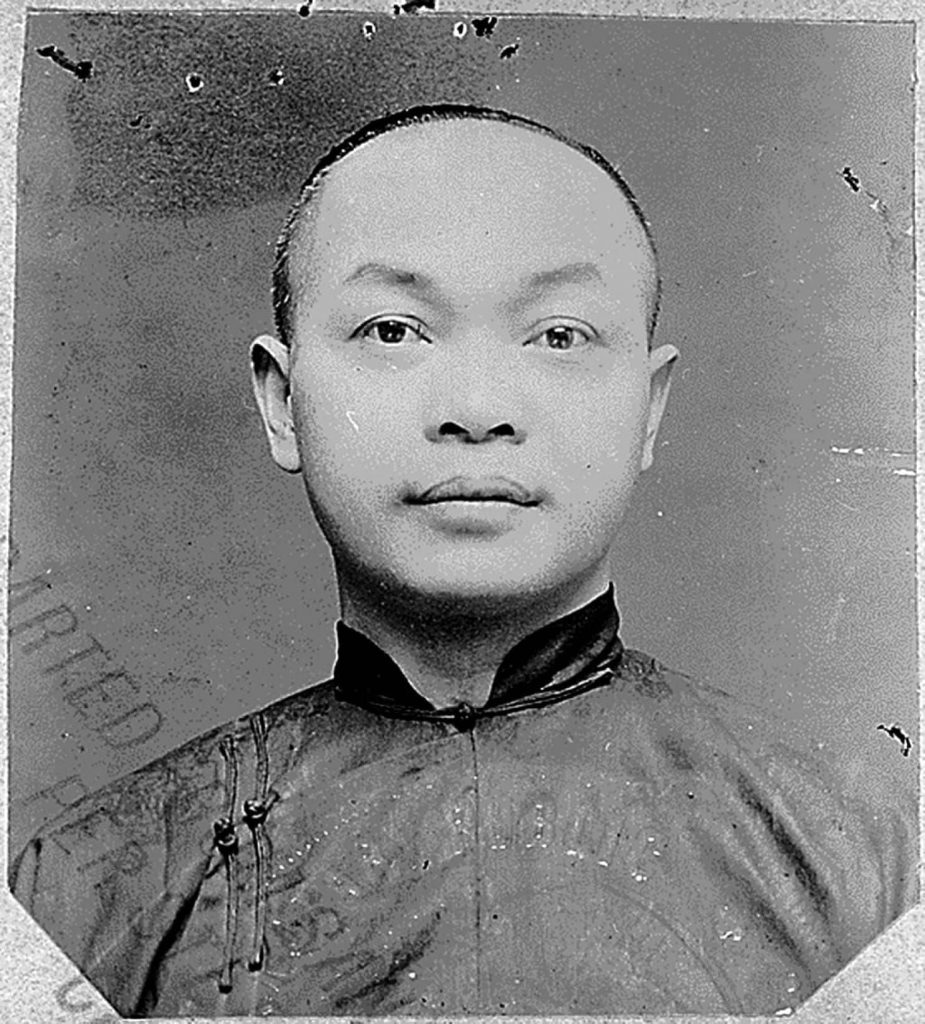“Congress in 1879 passed a bill limiting the number of Chinese who could come into the country on any ship. As anti-Chinese as he was anti-British, then-Senator [James G.] Blaine defended the legislation as a blow for the ‘civilization of Christ’ against the ‘civilization of Confucius.’ Arguing that the bill violated U.S. treaty obligations, Hayes courageously vetoed it. Recognizing the political strength of the agitators, however, the government negotiated a new treaty with China permitting the United States to limit or suspend but not to ‘absolutely prohibit’ Chinese immigration. Congress immediately suspended immigration for twenty years, provoking an Arthur veto. The legislators responded with a new bill suspending Chinese immigration for ten years, the first such exclusion in U.S. history. More exclusionist laws followed. With no choice but to acquiesce, the Chinese in 1894 agreed to a new treaty that ‘absolutely prohibited’ the immigration of Chinese laborers for ten years. Diplomatic relations worsened during the 1890s.” –George Herring, From Colony to Superpower, p. 283
Discussion Questions
- The complex story that Herring relates over the evolution of Chinese exclusion policy suggests that it was not simply a matter of universal and immoveable white prejudice against Asians. How does he complicate the story?
- Yet despite all of the necessary context and appreciation for complexity, the struggle over Chinese exclusion does ultimately come down to the power of popular prejudice. What does this episode (and others documented in this chapter) suggest about the relationship between the making of US foreign policy and domestic politics and attitudes?
Chinese Exclusion Act
- First Chinese Exclusion Act (1882) (National Archives)
- Background on Wong Kim Ark, litigant in Supreme Court case (1898)
- Jonathan Katz, “Birth of a Birthright,” Politico (2018)


Leave a Reply